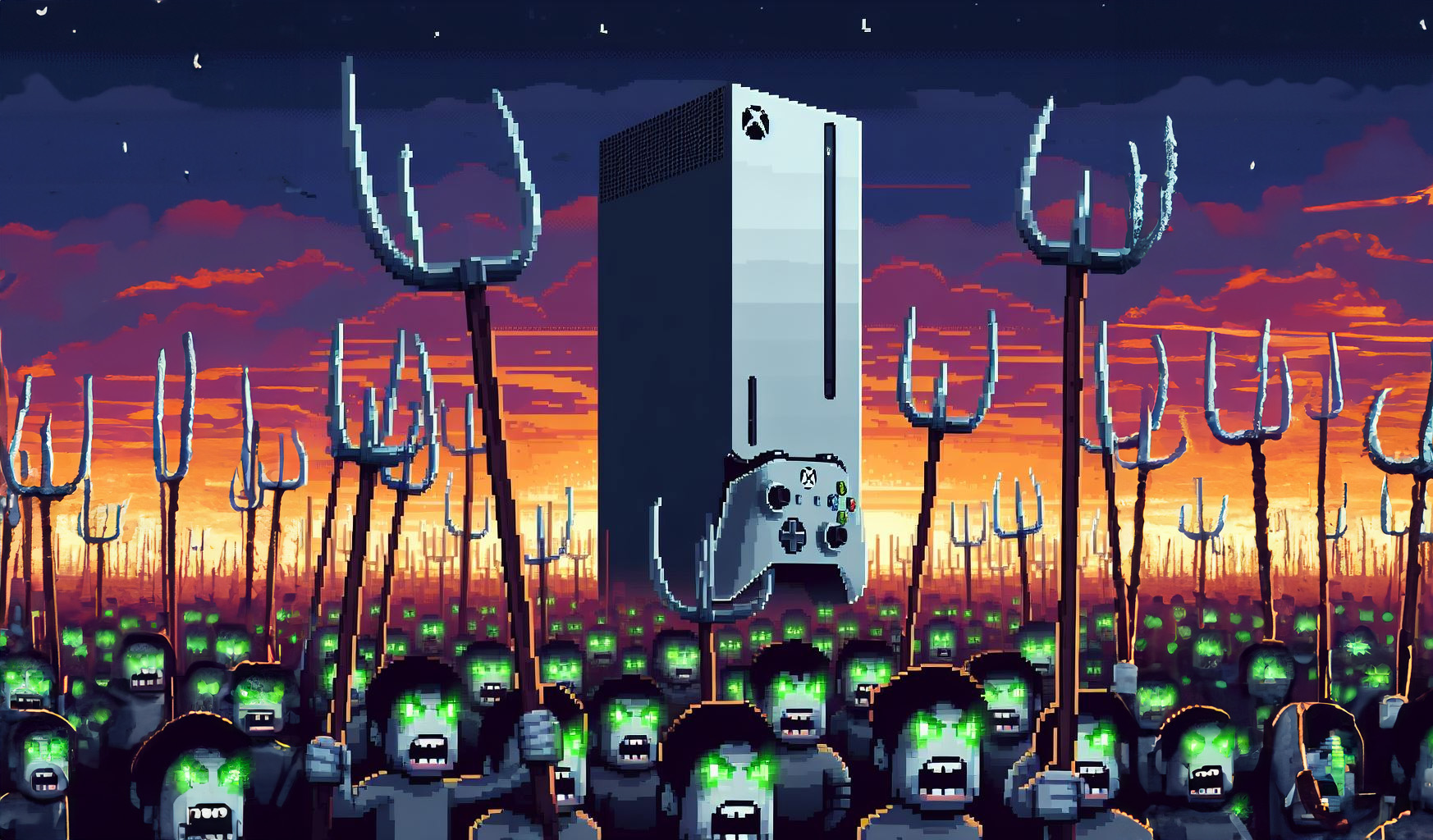
In mid-November, I started sending out feelers to contacts and sources within Microsoft to inquire about a tip I'd received, that Sea of Thieves was potentially exploring a PlayStation or Nintendo Switch version. I was unable to confirm, nor refute, those rumors. But it wouldn't be the last time I'd hear similar.
A few weeks later, Microsoft Gaming and Xbox Chief Financial Officer Tim Stuart caused controversy by saying it wants to bring its "first-party games" to "every screen possible," including Nintendo and PlayStation devices. Later, rumors began to emerge that indeed, games like Hi-Fi Rush and Sea of Thieves may be slated to lose their console exclusivity status, heading to PlayStation or Nintendo Switch, or both. Naturally, all of this caused uproar within the Xbox community faithful, for a variety of reasons.
Besides the most aggressive console fanboys, nobody is necessarily against more people getting to play more games. Gatekeeping sucks in general, whether it's Apple, Google, Microsoft, or whoever else. It would be ideal if we could get all of our content on whatever platform we feel like getting it on, and it would be ideal if artists and creators could hit the biggest audiences possible. It would be ideal if corporations would still keep prices low for consumers, even if there was reduced competition. However, we don't live in an ideal corporate world.
Microsoft CEO Satya Nadella remarked during the Activision-Blizzard acquisition hearings last year that the only reason they do exclusive games is because the competition does it — and that's exactly the reason why most are quite rightly irked by these rumors. However, it goes beyond mere "jealousy," or console tribalism, despite some suggestions I've seen on social media.
As customers investing in the Xbox ecosystem, which by the way, locks you in by preventing the resale of digital purchases, we deserve to know about things that can affect the future viability of the Xbox platform. Eroding the consistency of Xbox's first-party, in my view, does exactly that.
Here are some thoughts on why Microsoft would consider doing this in the first place, and some thoughts about why I think, if true, those plans would be incredibly short-sighted.
Microsoft's business logic
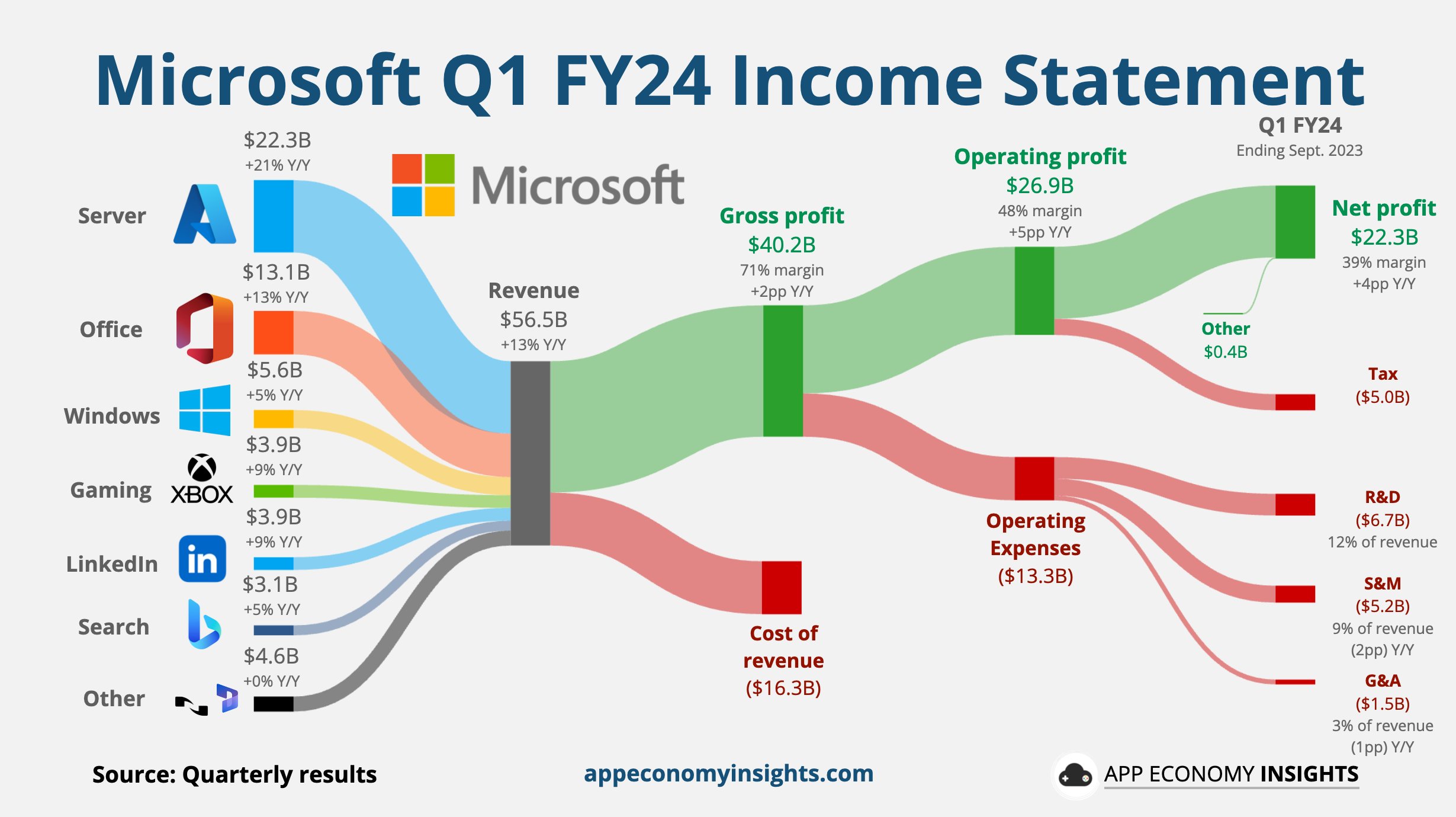
First and foremost, you have to understand that the cold, hard reality is that supporting other platforms makes total and complete sense. The business of gaming is software and services more than ever. Despite the emphasis from the games media about hardware sales this and NPD rankings that, none of it truly matters. Only a few of the biggest players in the gaming industry actually even make hardware, with the biggest, Tencent, eschewing it all together. Consoles as we all know and should appreciate by now are sold at cost. Much like inkjet printers, you sell the printers cheap, and make money on the ink. Ink being games, microtransactions, and subscription services in this case.
Every games company takes a slightly different approach for sure, owing to regional factors, legacy platforms, and so on. Each plays to their unique strengths. Nintendo is finding room for expansion by building theme parks and leaning more deeply into their beloved, Disney-grade recognizable franchises. PlayStation builds industry-leading single player experiences and cinematic masterpieces, while Microsoft has leaned into its cloud might, building potent multiplayer service games. Despite Sony's massive 3:1 hardware lead by some estimates, Microsoft maintains pace in gaming revenue, and part of that is down to strong service-type games, some of it is a lead in subscription services, and some of it is also day-one support on Steam for Windows PCs.
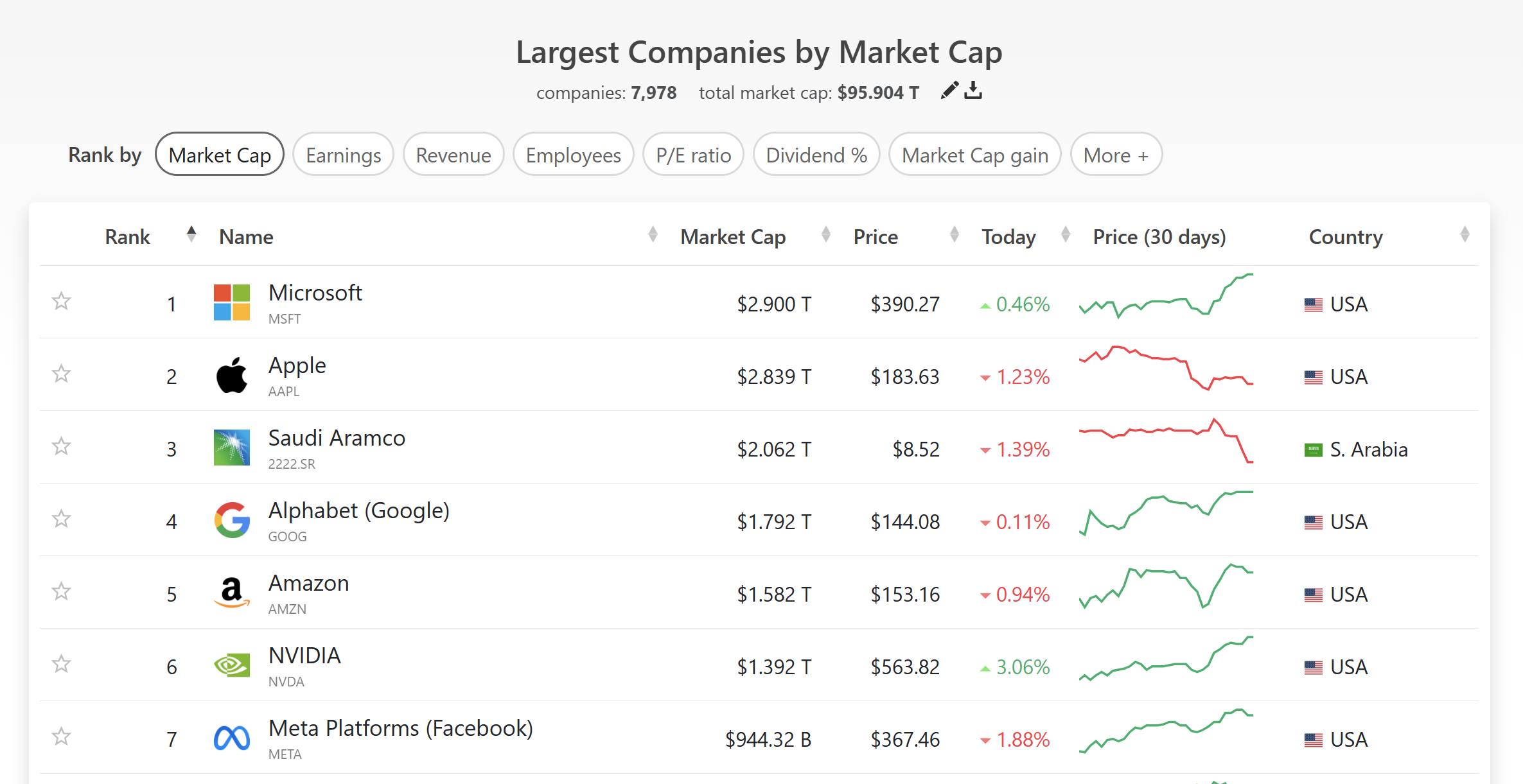
Indeed, Microsoft is prolifically good at monetizing its vast audience, even without counting Activision-Blizzard's MAUs as part of that whole. When you factor in massive games like Minecraft, which are on every platform on earth, it becomes easy to understand why. When it comes to pure, cold math, games like Sea of Thieves, Halo Infinite, or Starfield would also perform far, far better if they were also available across every platform out there. And the margins are far better on paper than a raw console sale. In fact, if someone picked up an Xbox just to play Starfield and nothing else, it could account for a net loss vs. if they'd just picked it up on Steam instead. That Xbox console is barely a profitable sale in its own right, if at all, and Microsoft will instead bank on the idea that those users will go on to subscribe to Xbox Game Pass, maybe buy some Diablo 4 microtransactions, or potentially explore other games in the ecosystem.
Microsoft philosophically is a "we go where the customers are" company, particularly in a Satya Nadella world. Nadella's strategy is an obvious win, too, taking Microsoft's market capitalization above Apple's quite confidently for the first time in years. As of writing, Microsoft is the most valuable company on earth, sitting on a $2.9 trillion (!!) market cap. This is the Microsoft that supports Linux, supports Apple Mac and iPad, is innovating with A.I. and cloud services, and now commands industry-breaking franchises like Call of Duty. It's firmly within Microsoft's philosophy to be on every screen, which speaks to what Tim Stuart was saying previously.
But that's what I keep coming back to, ultimately. Microsoft's shift to first-party platform agnosticism is something that will only really benefit shareholders, and prolific share-holding Microsoft execs.
I'm still trying to work out how it would benefit today's Xbox customers.
Short term gains for long term damage
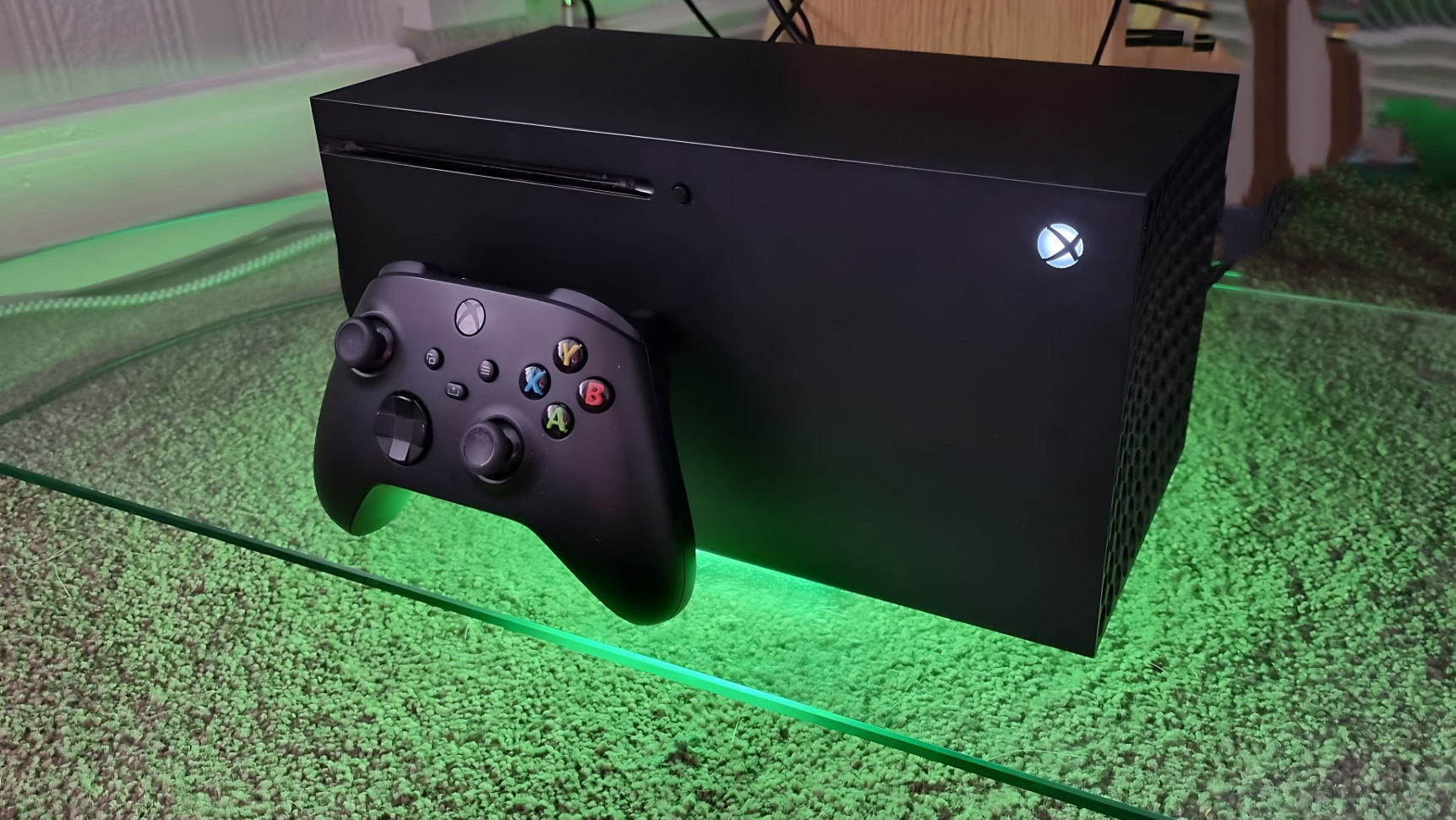
It's no secret that Microsoft's Xbox hardware platform has been on the back foot, and struggles a bit in third place in terms of pure market share. That struggle has made it harder for Microsoft to lock down the rights to third-party titles, with various notorious examples ranging from Final Fantasy to Genshin Impact. Part of this is because PlayStation can wield its market share to lock down exclusivity deals more affordably than Microsoft can, who would have to pay a premium to make up for lost sales. However, we've also seen plenty of examples of arbitrary exclusivity, which means games that have skipped the Xbox platform simply because their publishers don't think the games will sell there.
Microsoft has worked incredibly hard, and should be lauded for its Xbox Game Pass subscription service innovation, which has essentially created a fund to help bring games to the Xbox platform that may have otherwise skipped it. Sega is a great example of how effective this has been for Xbox, landing the Xbox-preclusive Yakuza and Persona franchises via Game Pass. I wouldn't be surprised if we see the arbitrarily PlayStation exclusive Final Fantasy 7 Remake or Final Fantasy 16 hit Xbox Game Pass some time in the future too, as Square Enix and Microsoft build closer ties. But I'm not sure how Microsoft expects to grow Xbox Game Pass without growing the Xbox console platform.
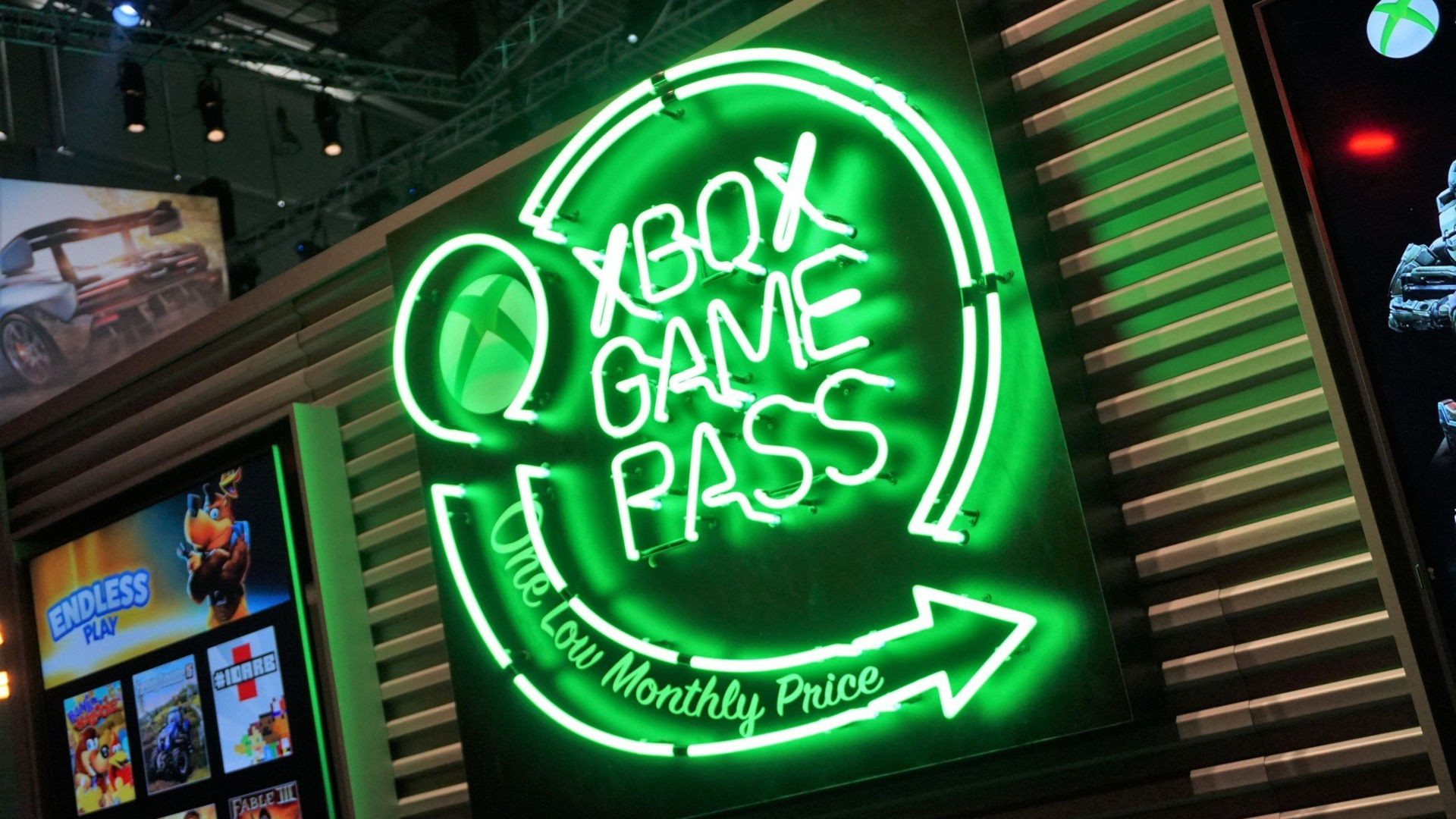
I've written previously about how Xbox is the apex of the Xbox ecosystem. PC is utterly dominated by Steam, with some estimates suggesting Starfield made $250 million on Steam in 2023 despite being available "for free" as part of the $10 per month PC Game Pass subscription. Xbox's mobile play is coming, but remains to be seen, and seems to hinge heavily on regulators cracking open the iOS platform to third-party storefronts. The European Union might be doing it, but it doesn't look like the United States will. Cloud gaming adoption is also uncertain right now, owing to the physical constraints of the tech.
Xbox's core strength remains console gaming, and remains the focal point of its entire offering. Assuming the rumors of Microsoft taking its software to other platforms are true, it seems incredibly short-sighted to move ahead with this plan before even giving Microsoft's recent game investments a chance to change the console's fortunes.
Microsoft has invested billions into studios like ZeniMax, Ninja Theory, Activision, inXile, Undead Labs, and many, many more. Very few of these studios have even had an opportunity to release an exclusive on Xbox yet to even have a chance to create desirability. Microsoft Gaming and Xbox lead Phil Spencer previously said in an interview last year that even with the kind of exclusives people claim Xbox doesn't yet have, Xbox can't outsell PlayStation — and maybe he's right — but why give up before even trying?
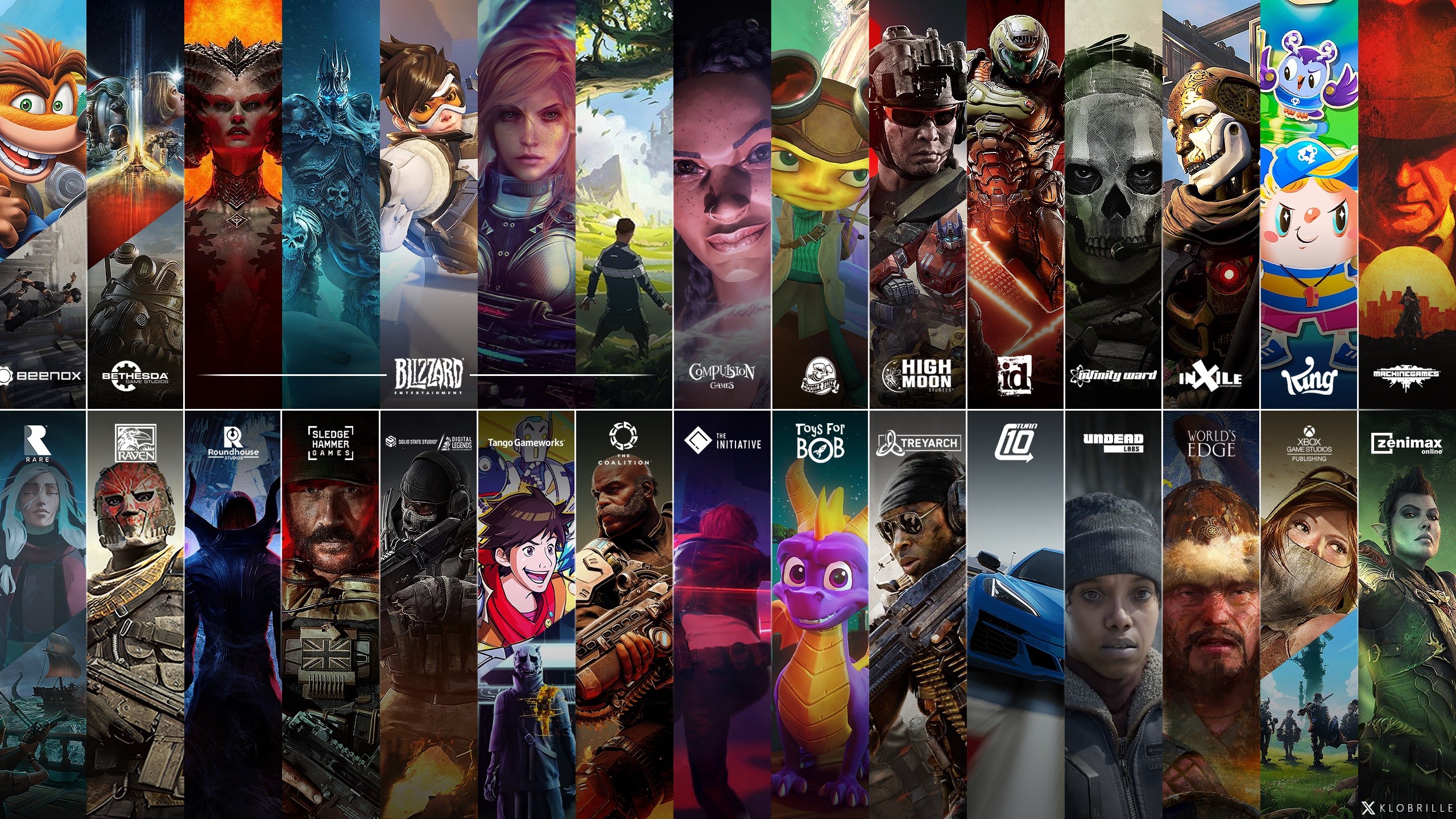
In our late stage capitalism world, people seem to increasingly resent competition, and simply favor convenience. It's potentially part of a wider philosophical discussion, but people resent the idea of Xbox or Epic Games trying to compete with Steam on PC, and let's be real, there's plenty of evidence that competition doesn't necessarily pass down benefits to consumers. I will say, though, that if Epic Games was giving Steam the kind of competition Xbox and PlayStation give each other, maybe you would see a Half-Life 3, exclusive to Steam. Maybe you would see Team Fortress 3, or at least some semblance of ongoing support for TF2. Maybe there would be a Portal 3. Right now, Steam has absolutely no impetus to do such things, because it has no competition for users whatsoever. On the bright side, Steam is a private company, and delivers insane savings to consumers instead of profits for shareholders. The same most likely would not be true of some of the other publicly-traded gaming companies.
If PlayStation completely vaporized Xbox and Nintendo, perhaps it would rest on its laurels in the same way. Perhaps there wouldn't be such prolific success stories like God of War or The Last of Us, why bother? If PlayStation is the only place where developers can put their games, PlayStation could just do an Apple, and provide literally zero value to the industry beyond draining a steep cut from creators for its shareholders. As it stands, no, PlayStation competes, and they compete hard.
Satya Nadella said during the Activision acquisition hearings to press, "if it's about competition, let us have competition" — assuming the rumors here are true, do you actually want, competition, Satya? Giving up your exclusive games to competing platforms is a great way to reduce competition and increase platform consolidation. And therein lies the core concern that Xbox fans have about all of this.
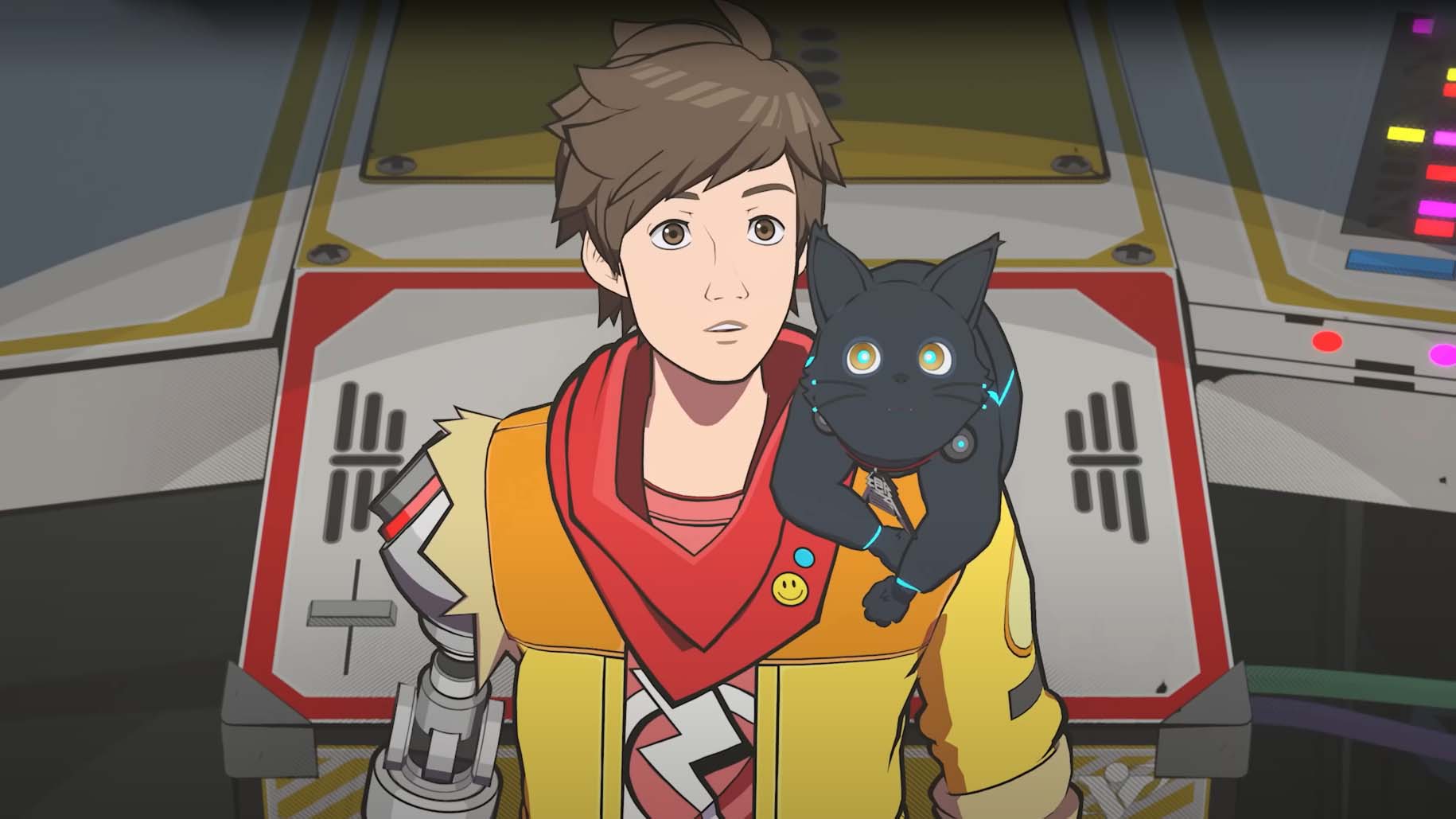
If Xbox has no console exclusives, if Xbox begins giving up, or begins creating an inconsistent world where you can expect to see games like Hi-Fi Rush or Sea of Thieves on other platforms at some point — it devalues, heavily, the entire Xbox proposition. Every game that Microsoft announced would become a debate over when or if it would come to other platforms, even if Microsoft professes "only some" games will come, or that it'll be a "case-by-case basis." The lack of transparency is maddening enough, but it's not hard to follow the probable outcome of these policies, and that could be the death of the Xbox hardware platform in its entirety.
If fewer people find Xbox desirable because the games even might "possibly" come to PlayStation or Nintendo devices, then surely that will lead to less console sales — and not everybody wants, nor potentially can afford a full-blown Windows gaming PC. Less Xbox hardware sales means a smaller addressable audience for subscription services. That also means a less desirable proposition for third-party game developers. Just as you've finally cracked companies like Square Enix and Sega, why would you reduce the potential of these partnerships without giving them a chance to change Xbox's fortunes? Less desirability would also mean less microtransactions in the next "big thing" like Grand Theft Auto 6 Online, or Fortnite 2, or whatever other game may or may not come along.
Increasingly, it becomes a free fall self-fulfilling devolution from Xbox as an ecosystem to a simple third-party publisher, akin to EA or Tencent. But alarmingly so for current Xbox owners, these plans could potentially mean the eventual orphaning of your entire digital library of content.
Without new Xbox console hardware coming in, eventually, all those digital games you purchased would become useless. You cannot resell them, you cannot get a refund. There's no reason right now to assume Microsoft would have a plan in place to ensure ongoing access to this digital content library, because again, we have no idea what Microsoft's plans are regarding this. And frankly, Xbox fans, Xbox customers deserve better than this.
Xbox fans deserve better treatment from Microsoft corporate
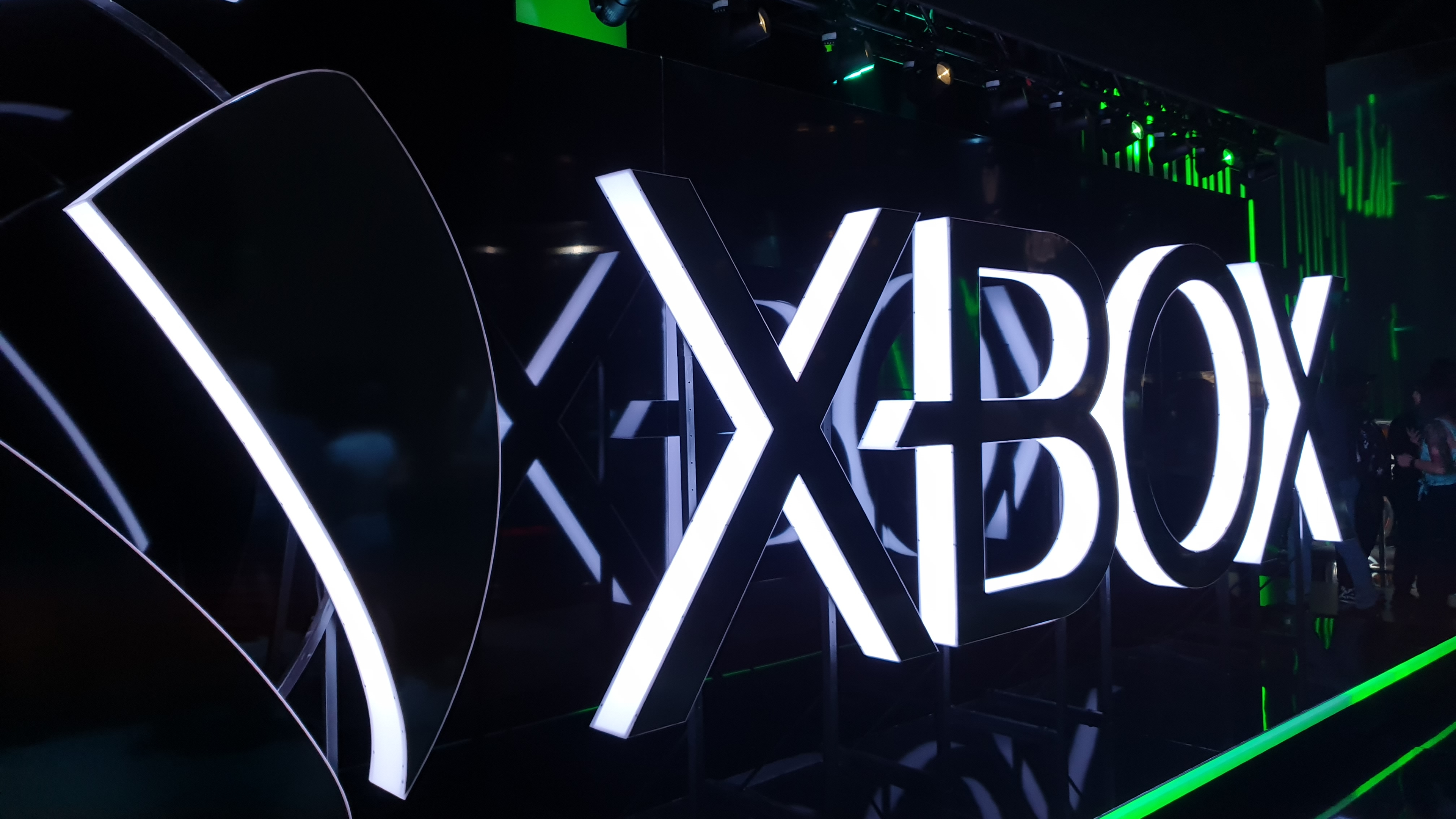
I can't help but feel that the potentially conflicting statements from the likes of Xbox CFO Tim Stuart and Xbox CEO Phil Spencer represent something of an ongoing internal discussion about where to go next with the Xbox platform. I can imagine certain corporate corners of Microsoft pushing for Xbox to go deeper into third-party publishing, bringing its software to "as many screens as possible," just like they've done with Microsoft Office and other stuff. The margins are on the software sales after all, and sure, it makes total and complete sense from a business perspective — even if it screws over current Xbox customers down the line.
Which is why I will push back on this thought process, and continue to push back on it. Microsoft's plans to reduce competition potentially helps nobody beyond today's shareholders, and today's exec bonus packages. As much as PlayStation fanboys might think (or claim to think) they want the death of Xbox, they don't want to see what a game industry looks like with only 1 major high-end console player. There'd be no reason to put a cap on the price of console games, there'd be no real reason to invest in first-party exclusives either, at least not as prolifically as we've previously seen.
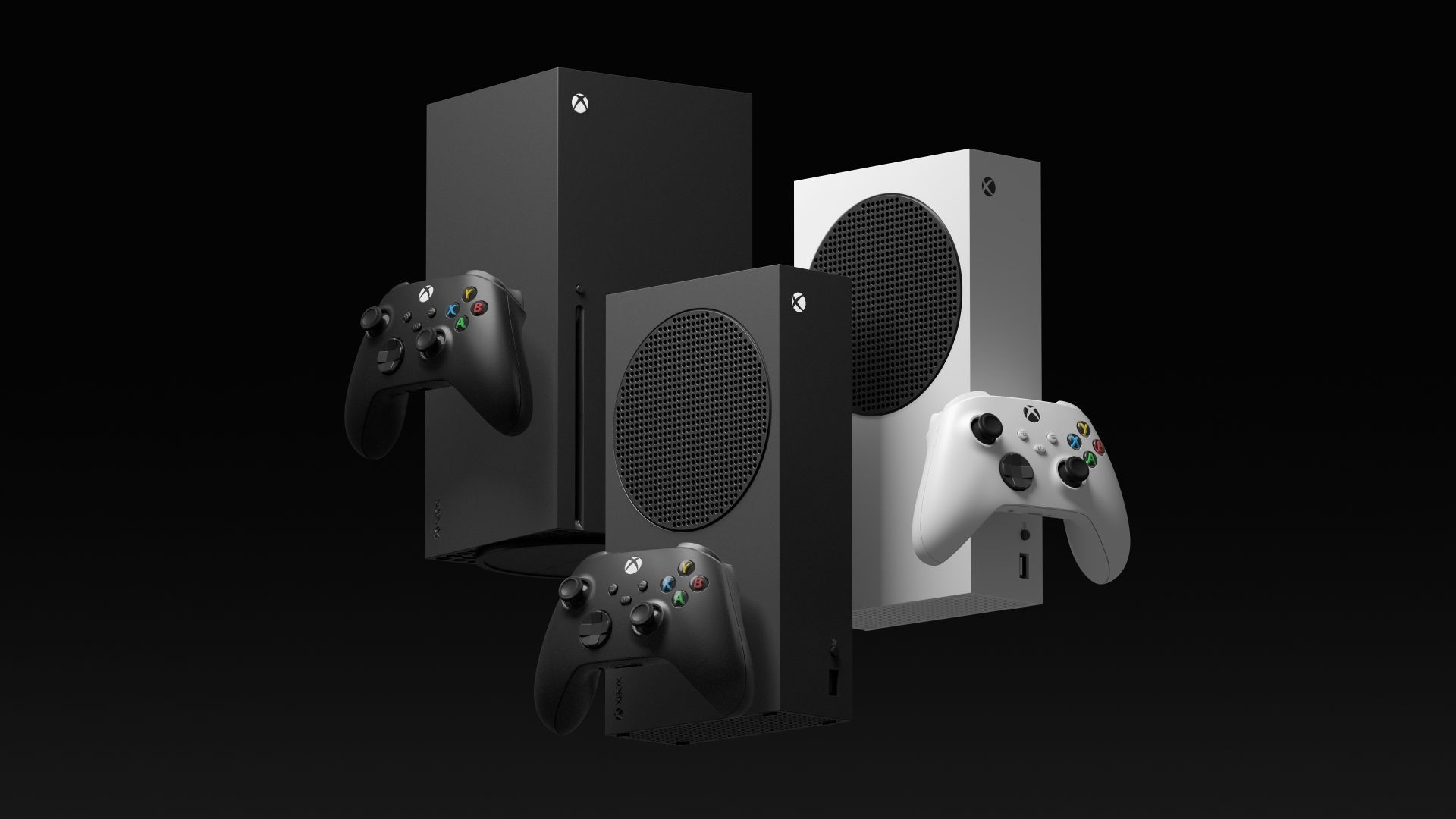
Microsoft just became the biggest company on Earth, they are likely to overtake Tencent in the coming years for revenue. They will be a gigantic third-party developer, on the back of games like Call of Duty and Minecraft, which are historically (and rightfully so) third-party. Why do we need to throw in Sea of Thieves and Hi-Fi Rush and whatever else on top of it, when Xbox customers know without a doubt they're not going to see any benefits from this? We're not going to get Mario or God of War on Xbox, and we're repeatedly told that Xbox is profitable, and Xbox Game Pass is a viable business. We were told during the FTC hearings that Xbox games are "more accessible than ever" owing to cloud and PC gaming access. Is it not enough? If not, Microsoft needs to come clean about it. If the customers don't matter, that's fine too, but admit it — don't try to curate a fandom and then be confused as to why there's backlash when you're making moves that will potentially harm the viability of their investments in your platform.
And sure, to reiterate again, none of this is proven to be actually happening, but I also can't help but think there's no smoke without fire. Even on the small chance that this is all within Microsoft's roadmap, I think it's important to speak up, and push back.
In my interview with Xbox CEO Phil Spencer a few weeks ago, Spencer had this to say on these kinds of topics: "The thing I want to be focused on is how do we continue to innovate for people who've made the commitment to our hardware platform. And how do we continue to make sure that they feel great about their investment in what we've built."
There's no reason to think that this isn't still the play, which is why it's important to let Spencer and others know (respectfully, of course) if this doesn't exactly make you "feel great" about your investment.
At least for me, unless Microsoft can explain how or why I should feel great about it, it just feels like a short-term profit play, to the detriment of my long-term investment in the Xbox hardware ecosystem.







